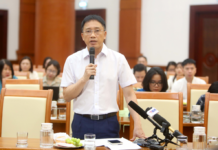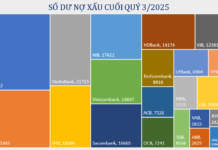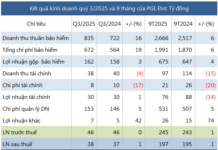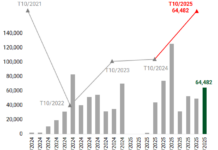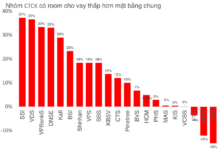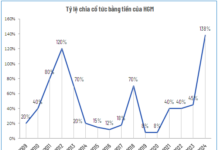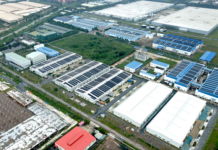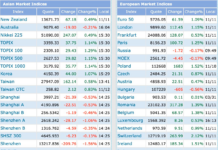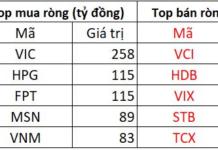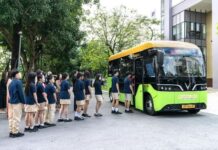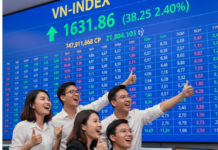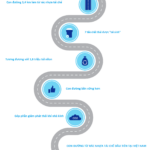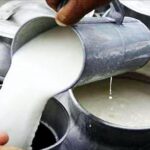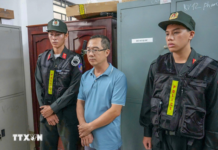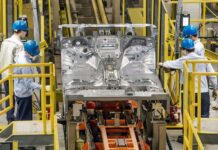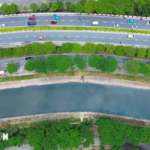Across its global operations, Tetra Pak has reduced greenhouse gas emissions by 54% since 2019 and increased renewable energy consumption to 94%, maintaining its commitment to achieving net-zero emissions in its operations by 2030. These environmental achievements are closely tied to the company’s relentless efforts to enhance the quality of life and drive economic development by ensuring safe food access worldwide.
Adolfo Orive, President and CEO of Tetra Pak, stated: “By 2050, the global population is projected to reach 10 billion, increasing food demand by approximately 60%. The food system is critical to sustaining modern life but also contributes over one-third of global greenhouse gas emissions. The challenge of balancing increased food production with reduced environmental impact is significant—and Tetra Pak is committed to addressing this. As outlined in our latest Sustainability Report, we are working to build safer, more sustainable food systems while minimizing climate impact and improving community livelihoods. We stand ready to partner with customers and stakeholders to achieve this vision.”
Tetra Pak’s 2024 Sustainability Report highlights substantial progress toward reducing greenhouse gas emissions across its entire value chain (Scopes 1, 2, and 3) by 46% by 2030, compared to 2019 levels. The company not only reduces emissions from its operations but also supports customers through advanced equipment, technology, and services. These results underscore Tetra Pak’s strong commitment to collaborating with customers to achieve net-zero emissions by 2050.
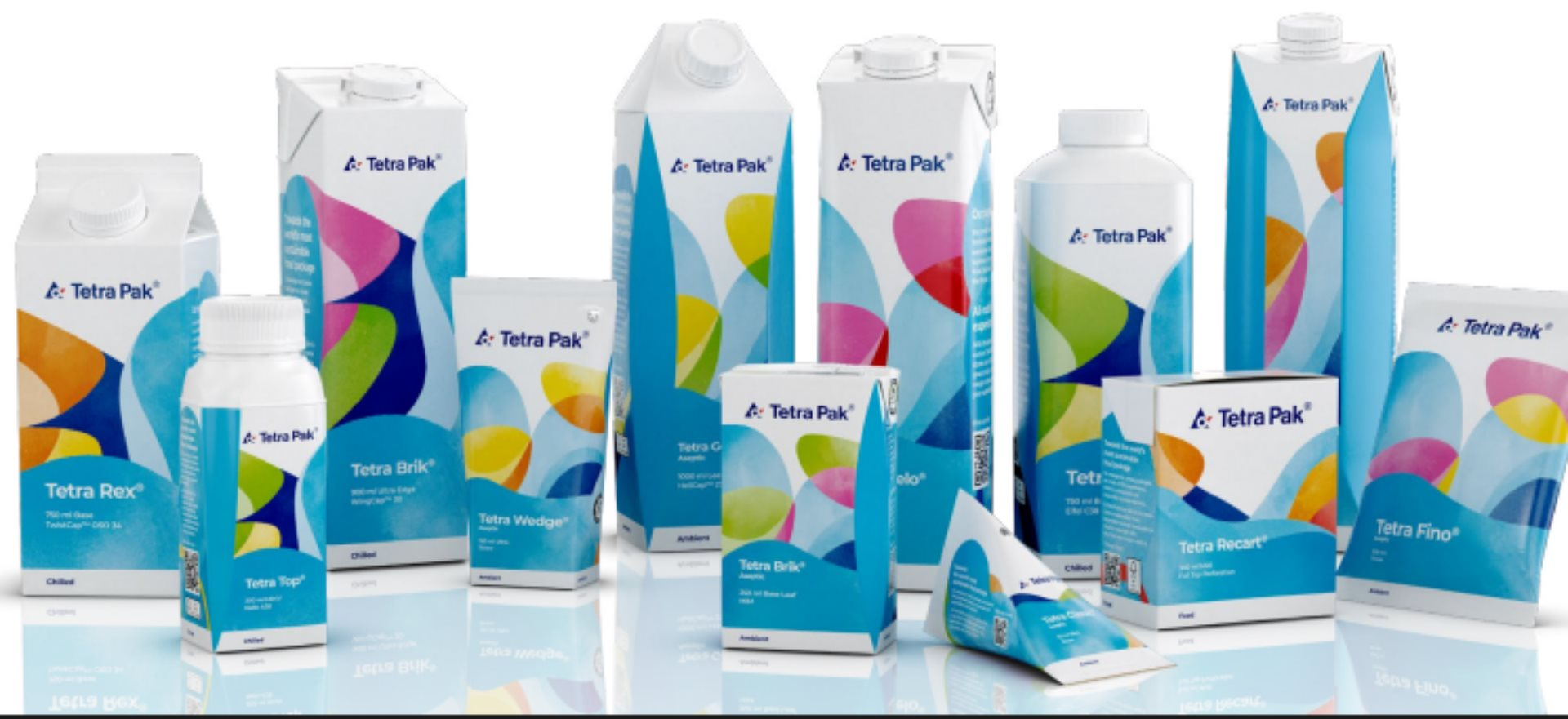
Tetra Pak invests approximately €100 million in research and development to enhance the sustainability of packaging solutions while ensuring food safety.
A key factor in Tetra Pak’s 2024 emission reduction success is the adoption of resource-efficient equipment, plant-wide optimization technologies, and low-carbon packaging solutions. These innovations not only help food and beverage customers reduce emissions but also maintain their competitive edge in production.
For instance, in 2024, greenhouse gas emissions from UHT milk production lines decreased by 13% compared to 2023 and by 42% since 2019. This was achieved through new equipment, such as the patented Tetra Pak® Q-Wave Tubular Heat Exchanger, which reduces pressure drop by 40% and cuts energy consumption in heat transfer systems by up to 40% compared to previous market-leading models. This innovation delivers dual benefits: lower energy costs and reduced carbon emissions for customers.
Other notable achievements in Tetra Pak’s FY24 Sustainability Report include:
- Helping food manufacturers reduce energy consumption by up to 40% and improve product quality consistency by 60%, thereby preventing food waste through advanced production solutions.
- Providing milk or nutritious beverages to 66 million children in 49 countries through school feeding programs.
- Supporting 84,000 small-scale dairy farmers at 29 Dairy Hubs globally, ensuring better incomes and a stable milk supply for producers.
- Investing €100 million in R&D to enhance packaging sustainability while ensuring food safety, leading to innovations like recycled polymer caps with Elle & Vire and the Tetra Brik® Aseptic 200 Slim Leaf with a paper-based barrier.
- Launching the “Approach to Nature” program, featuring over 20 measurable goals to restore ecosystems and protect water resources, while strengthening stakeholder engagement through employee surveys and third-party assessments.
- Engaging 150 suppliers in the “Protecting Our Planet Together” sustainability initiative.
In Vietnam, Tetra Pak continues to drive innovative initiatives for sustainable food industry and community development. The company’s R&D team has pioneered breakthrough technologies to maximize byproduct utilization, adding value to production. A prime example is the “Wholesome Soy” technology, which fully utilizes soybeans without generating waste.
Alongside technological innovation, Tetra Pak focuses on building a circular economy for carton packages through collection and recycling efforts. The company has established collection points across Vietnam and collaborates with national recycling partners to transform used cartons into new products. Additionally, Tetra Pak has partnered with organizations to create cooperatives for waste collectors, improving their income, legal status, and access to social security and health insurance.
The Tetra Pak Binh Duong packaging plant, operational since 2019, has achieved significant environmental milestones. Since 2020, energy efficiency has improved by 13%, and over 5 million liters of water are reused annually for irrigation. The plant maintains a waste rate below 3% and sources 5% of its energy from a 5,900 m² solar panel system.
Nguyễn Thanh Giang, Managing Director of Tetra Pak Vietnam, commented: “In Vietnam, we work closely with customers and stakeholders to advance the circular economy through concrete actions: designing recyclable packaging for the world’s most sustainable food solutions; optimizing production processes to reduce waste and enhance efficiency; and strengthening the collection-recycling ecosystem to commercialize products made from used cartons, creating tangible value and driving market efficiency.”
Vietnam’s First Unique 1.4km Road: A Collaboration Between Two Global Giants
The emergence of this road stands as a testament to Vietnam’s unwavering commitment to sustainable development.
Green Transportation Transition: Hanoi and Ho Chi Minh City Must Implement Citizen Support Policies
The Government Office has issued a directive urging the People’s Committees of Hanoi and Ho Chi Minh City to promptly disclose their roadmaps for transitioning to green transportation. This announcement emphasizes the need for clear, actionable support policies to accompany the shift toward sustainable mobility solutions.
Sustainable Development: The New Competitive Edge for Vietnamese Businesses
At the “Green for Growth: How Sustainability Unlocks New Opportunities” seminar, co-hosted by EuroCham Vietnam, UOB Vietnam, and partners in August 2025, Mr. Jason Yang, Director of Sustainable Development at UOB Vietnam, shared strategic insights on the role of sustainability in Vietnam’s next phase of economic growth.






